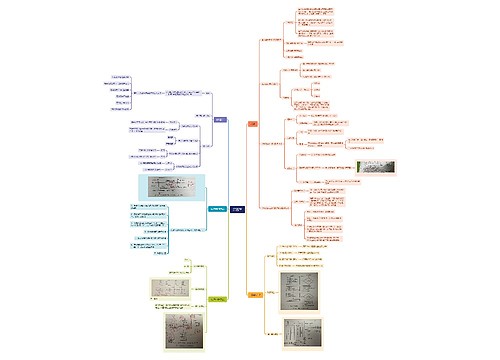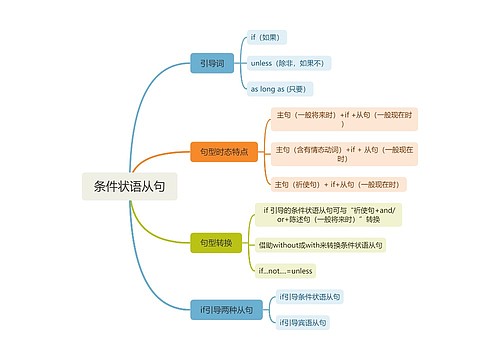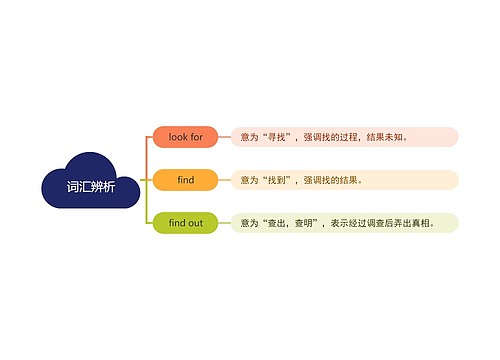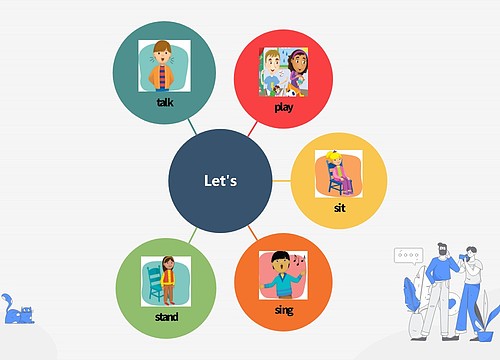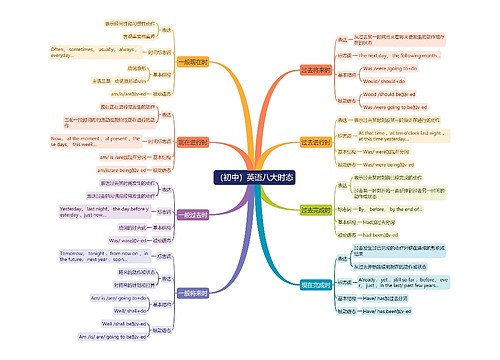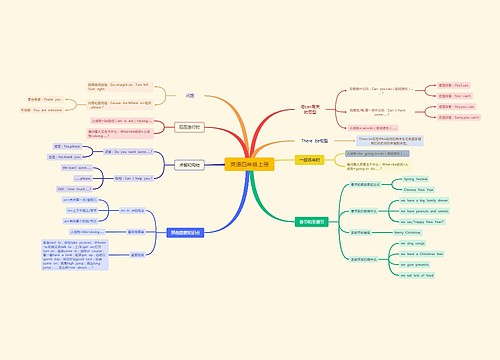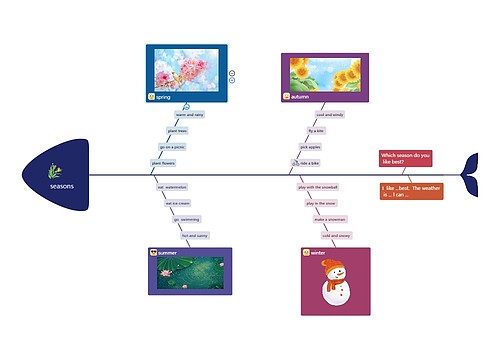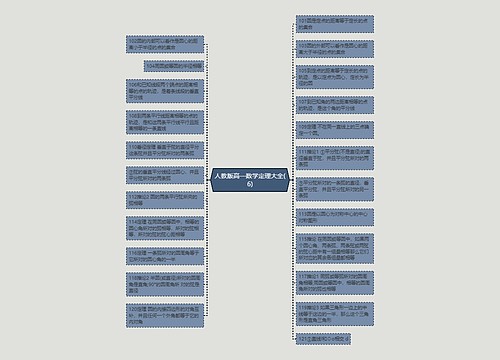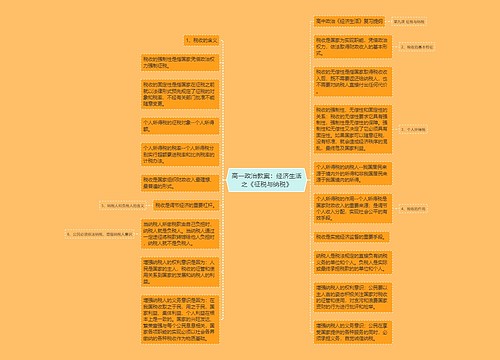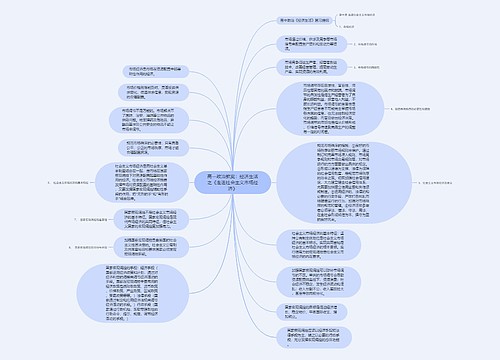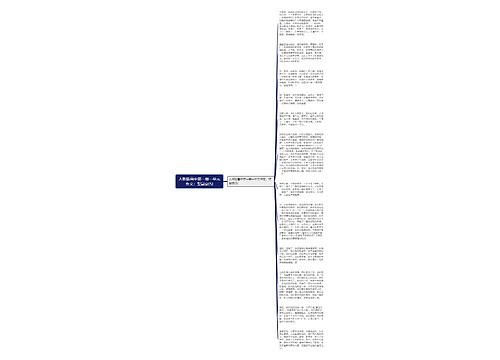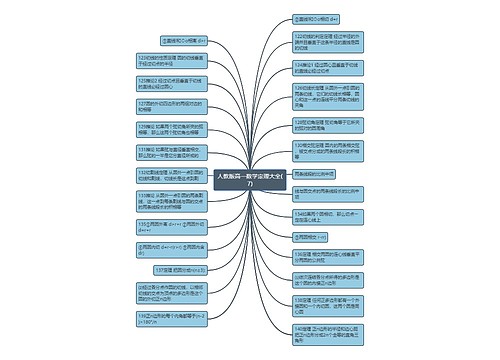The Fifth Period The Subjunctive Mood
1. Review the learnt sentence structure in the Subjunctive Mood.
2. Sum up the cases in which we should use the Subjunctive Mood.
Teaching Important Point:
Understand and learn to use the Subjunctive Mood.
Teaching Difficult Point:
Use the correct verb-form to show the Subjunctive Mood in different cases.
1. Inductive method to learn the Subjunctive Mood in different cases.
2. Practise to learn to use the Subjunctive Mood.
2. the blackboard
Greet the whole class as usual.
T: In Unit 7 and Unit 8, we've learnt some sentence structures to talk about events or situations which are not certain to happen. This is called the Subjunctive Mood. We use a special group of verb-forms to express it. Now let's do an exercise. Look at the screen. Fill in the blanks using the right form of the verb in each bracket.
(Teacher shows the following on the screen.)
1. I didn't see your sister at the meeting. If she (come), she would have met my brother.
2. I wish (be) as strong as you.
3. If I (know) German, I would read the book in the original.
4. I've loved you as if you (be) my son.
5. If I (do) it, I would do it in a different way
(Teacher gives the students some time to prepare, and then check the answers with the whole class.)
1. had come 2. were 3. knew 4. were 5. were to do
T: Well done. Today we're going to learn more about the Subjunctive Mood. Look at the screen.
Step Ⅲ Summary of the Subjunctive Mood Teacher shows the following on the screen.
1. If I were you, I wouldn't lose heart. If I knew her name this time, I would tell you.
2. If I had left a little earlier, I would have caught the train.
3. If they were to/should act like that again, we should criticize them severely. If I got rich, I'd travel round the world.
T: Please look at the first pair of sentences. They both talk about "unreal" or improbable present situations. The past tense is used in the if-clause; "would + an infinitive" in the main clauset "were" is usually used instead of "was" .Can you understand?



